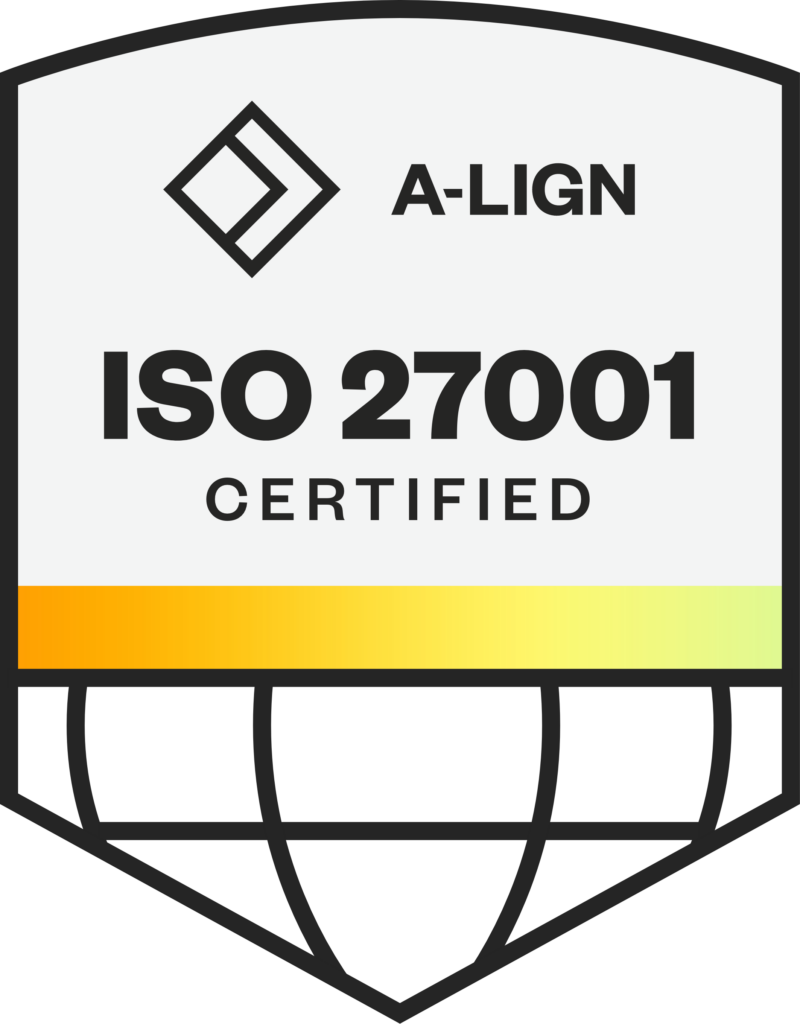Optimizing Data Centers for Business Efficiency with Modius Solutions
Enterprise
As data centers become more efficient, they also become more difficult to manage. The margin for error in today’s critical facility is dangerously thin. As operating temperatures are raised to new ASHRAE standards and electrical distribution systems are run near maximum capacity, one device failure can leave the operator with very little time to react to prevent catastrophe.
The OpenData solution for infrastructure availability monitoring can help. It gives you the early warning you need by providing an end-to-end infrastructure monitoring system that actively polls every device in the data center (both IP-based and serial). The advantages of the Modius approach include intelligent alarms based on configurable computations. Rather than generate an overflow of low-level alerts, Modius sends you only the alarms you need when they matter most.
Features
- Full monitoring and measurement of all infrastructure equipment (power, cooling, environment sensors and IT devices)
- Robust intelligent alarming using virtual (or computed) points
- Complete alarm management, including notification and escalation with history tracking
Benefits
- Centralized alerts and alarms for all devices
- Improve MTTR and higher MTBF
- Achieve true N+1 redundancy
Colocation
As the demand for cloud infrastructure accelerates, the need for colocation capacity is growing at unprecedented levels. Colocation providers must possess the speed and flexibility to meet the demands of tenants while leveraging CAPEX to drive revenue. Simultaneously, colocation providers must maintain a reliable, secure, and transparent environment for tenants in support of contracted SLA’s.
Complex challenges arise from physical infrastructure, which is distributed across multiple sites and likely through acquisitions, has disparate systems and equipment running on a variety of platforms and technologies. For any colocation operator, this can be a daunting challenge. While the networking infrastructure supersedes the physical boundaries of a multitude of sites, a colocation operator must abstract the entire physical infrastructure into digital twins, and into a single unified view to optimize utilization and drive revenue.
The OpenData solution from Modius provides that single, centralized system, in a unified view. OpenData is the industry’s only fully distributed data collection solution for gathering real-time performance metrics across a network of mission-critical colocation facilities. OpenData provides core data collection, monitoring, and analytics capabilities across all networking infrastructure, in addition to collecting data from all disparate power, cooling, and environmental equipment. OpenData enables colocation operators to ensure 100% uptime and transparency requirements to meet tenant SLA’s while optimizing capacity utilization in this extraordinarily complex environment.
Top 5 Reasons Colocation Providers Need DCIM
Benefits for Providers
- Portfolio-level management of infrastructure assets
- Real-time monitoring enables the provider to discover Stranded power, cooling and space capacity to sell and increase revenue
- Operates with equivalent performance in 1, 10 or 10,000 sites for exceptional scalability
- Visibility across all colocation facilities to ensure they are running well within operational parameters, including the ASHRAE TC9.9 guidelines to ensure SLA compliance
- Effectively reduces risk through alerts and alarms
- Improves power utilization, resulting in energy savings and importantly, reduces operating expenses to improve margins
- Comprehensive reporting for management and detailed SLA’s for tenants by tenant
- Analytics to support preventative maintenance, effectively reducing operating costs and driving efficiency
- Forecasting and trending data over time to anticipate capacity requirements of existing and new tenants for enhanced capacity planning and possibly Capex avoidance
Benefits for Tenants
- Transparency in viewing real-time usage of power and space within their allocated area
- Reliable and low latency networking to provide quick access to data, securely
- Proof of SLA compliance through accurate metrics and reporting
- Accurate billing based upon actual power usage
- Provides key differentiator in a highly competitive market
Edge Data Centers
As facilities become more efficient, they also become more difficult to manage. The margin for error in today‘s critical facility is dangerously thin, including systems that distribute power, cooling, lighting, and water. As operations are run near-maximum capacity with an expectation that everything “keeps working”, one device failure can leave the operator with very little time to react to prevent catastrophe. This is true in all facilities, including telecom sites, data centers, manufacturing operations, and even remote sites in less than desirable locations.
The OpenData solution for monitoring infrastructure availability can help. It gives you the early warning you need by providing an end-to-end system that actively polls every device at each facility (both IP-networked and serial). The advantages of the Modius approach include intelligent alarms based on configurable computations. Rather than generate an overflow of low-level alerts, OpenData sends you only the alarms you need when they matter most.
- Full monitoring and measurement of all infrastructure equipment (power, cooling, environment sensors and IT devices)
- Robust intelligent alarming using virtual (or computed) points
- Complete alarm management, including notification and escalation with history tracking, alarm audit and integrated help desk for opening and closing response tickets
- Centralized alerts and alarms for all devices
- Improve MTTR and higher MTBF
- Achieve true N+1 redundancy
Fortune 100 financial institution saves $2M annually by eliminating 24/7 staffing for remote sites, and achieves a higher level of reliability and accuracy for IT support services, by implementing the Modius IoT solution for device management




